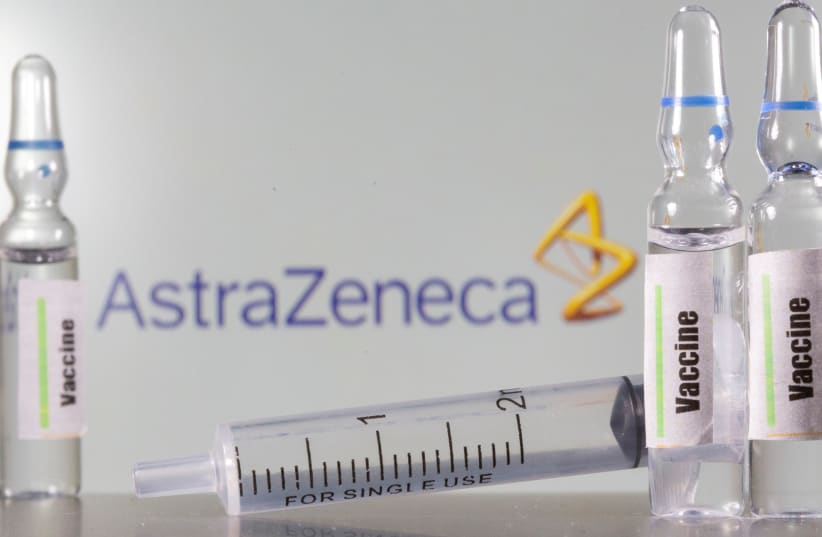The British drugmaker and Oxford University have already published interim efficacy results from their UK trial in November, but the results have raised questions among scientists.
The company said the vaccine could be 90% effective when given as a half dose followed by a full dose, based on a relatively small number of volunteers, while overall effectiveness was around 70%.
Speaking at a US Department of Health and Human Services meeting, OWS chief adviser Moncef Slaoui said the large set of contrasting data coming out from the UK and Brazil trials may not be enough to ensure the vaccine receives the US Food and Drug Administration's emergency use authorization.
"Unless there is a very clear explanation based on facts and data of what's behind those two numbers (on efficacy), it's very likely that package would not be sufficient for (FDA) approval," he said.
AstraZeneca resumed its US trial in October after halting the study on Sept. 6 after a report of a serious neurological illness in a participant in the UK."I still expect that somewhere in January maybe, more towards the second half of January, data will become available and potentially an emergency use authorization could be filed," Slaoui said, referring to the US trial.
